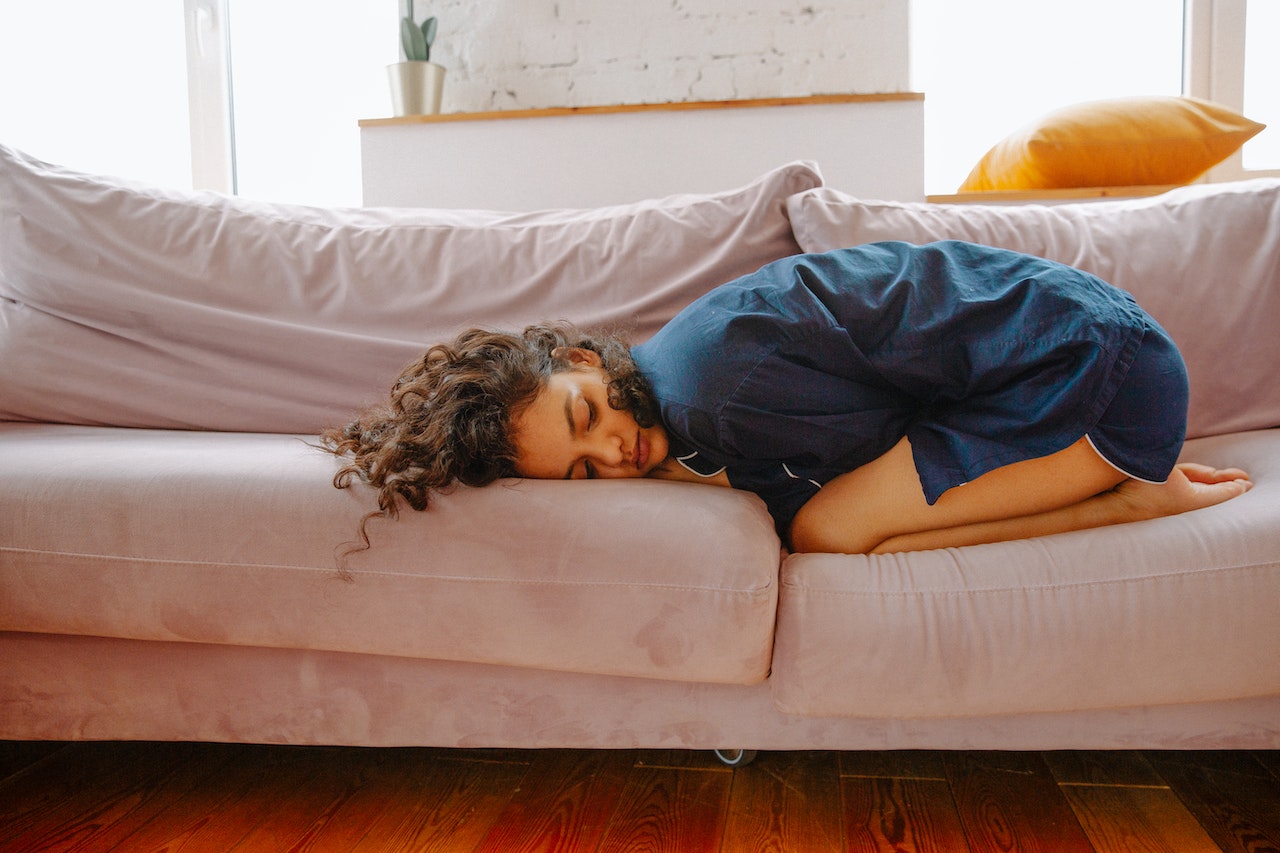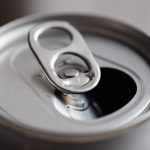About kidney stones
Kidney stones can develop in one or both kidneys and most often affect people aged 30 to 60.
They’re quite common, with around three in 20 men and up to two in 20 women developing them at some stage of their lives.
The medical term for kidney stones is nephrolithiasis, and if they cause severe pain it’s known as renal colic.

Symptoms of kidney stones
Very small kidney stones are unlikely to cause many symptoms. It may even go undetected and pass out painlessly when you urinate.
Symptoms usually occur if the kidney stone:
- gets stuck in your kidney
- starts to travel down the ureter (the tube that attaches each kidney to the bladder) – the ureter is narrow and kidney stones can cause pain as they try to pass through
- causes an infection
In these cases, the symptoms of kidney stones can include:
- a persistent ache in the lower back, which is sometimes also felt in the groin – men may have pain in their testicles and scrotum
- periods of intense pain in the back or side of your abdomen, or occasionally in your groin, which may last for minutes or hours
- feeling restless and unable to lie still
- nausea (feeling sick)
- needing to urinate more often than normal
- pain when you urinate (dysuria)
- blood in your urine (haematuria) – this may be caused by the stone scratching the kidney or ureter
Blocked ureter and kidney infection
A kidney stone that blocks the ureter can lead to a kidney infection. This is because waste products are unable to pass the blockage, which may cause a build-up of bacteria.
The symptoms of a kidney infection are similar to symptoms of kidney stones, but may also include:
- a high temperature (fever) of 38C (100.4F) or over
- chills and shivering
- feeling very weak or tired
- diarrhoea
- cloudy and bad-smelling urine
Causes of kidney stones
Kidney stones are usually formed following a build-up of certain chemicals in the body.
This build-up may be any of the following:
- calcium
- ammonia
- uric acid – a waste product produced when the body breaks down food to use as energy
- cysteine – an amino acid that helps to build protein
Certain medical conditions can lead to an unusually high level of these substances in your urine.
You’re also more likely to develop kidney stones if you don’t drink enough fluids.
Recurrent kidney stones
Some people are particularly likely to keep on developing kidney stones, including people who:
- eat a high-protein, low-fibre diet
- are inactive or bed-bound
- have a family history of kidney stones
- have had several kidney or urinary infections
- have had a kidney stone before, particularly if it was before you were 25
- have only one fully working kidney
- have had an intestinal bypass (surgery on your digestive system), or a condition affecting the small intestine, such as Crohn’s disease
Types of kidney stones
Kidney stones can develop for a number of reasons. The causes of the four main types of kidney stone are outlined below.
Calcium stones
Calcium stones are the most common type of kidney stone and form if there’s too much calcium in the urine, which can be due to:
- an inherited condition called hypercalcuria, which leads to large amounts of calcium in urine
- an overactive parathyroid gland (the parathyroid glands help to regulate the amount of calcium in your body)
- kidney disease
- a rare condition called sarcoidosis
- some cancers
Calcium stones are usually either large and smooth or spiky and rough.
Struvite stones
Struvite stones are often caused by infections, and they most commonly occur after a urinary tract infection that’s lasted a long time.
Struvite stones are more common in women than men.
Uric acid stones
Uric acid stones can form if there’s a large amount of acid in your urine. They may be caused by:
- eating a high-protein diet that includes lots of meat
- a condition such as gout that prevents the body breaking down certain chemicals
- an inherited condition that causes higher than normal levels of acid in the body
- chemotherapy
Cystine stones
Cystine stones are the rarest type of kidney stone. They’re caused by an inherited condition called cystinuria, which affects the amount of acid that is passed in your urine.
Diagnosing kidney stones
Your GP will usually be able to diagnose kidney stones from your symptoms and medical history.
It will be particularly easy if you’ve had kidney stones before.
You may be given tests, including:
- urine tests to check for infections and pieces of stones
- an examination of any stones that you pass in your urine
- blood tests to check that your kidneys are working properly, and to also check the levels of substances that could cause kidney stones, such as calcium
You can collect a kidney stone by urinating through some gauze or a stocking.
Having a kidney stone to analyse will make a diagnosis easier, and may help your GP determine which treatment method will be of most benefit to you.
If you have severe pain that isn’t controlled by painkillers, or if you have a high temperature as well as pain, you may be referred to a urologist (a specialist in treating urinary problems).
Imaging tests
If you’re referred to hospital for an imaging test, a number of different techniques may be used. Imaging tests can help confirm the diagnosis, or identify precisely where a kidney stone is.
These tests include:
- a computerised tomography (CT) scan – where a series of X-rays at slightly different angles are taken and a computer is used to put the images together
- X-ray – an imaging technique that uses high-energy radiation to highlight abnormalities in body tissue
- an ultrasound scan – uses high-frequency sound waves to create an image of the inside of your body
- an intravenous urogram (IVU) or intravenous pyelogram (IVP) – a dye that shows up on X-ray is injected into a vein in your arm; the X-ray image highlights any blockages as the kidneys filter the dye out of your blood and into your urine
CT scans are now often used because they’re thought to be more accurate (IVUs were previously the preferred imaging method). The imaging technique you have may depend on what’s available at your local hospital.
Preventing kidney stones
The best way of preventing kidney stones is to make sure you drink plenty of water each day to avoid becoming dehydrated.
Keeping your urine diluted helps to stop waste products getting too concentrated and forming stones.
You can tell how diluted your urine is by looking at its colour. The darker your urine is, the more concentrated it is.
Your urine is usually a dark yellow colour in the morning because it contains a build-up of waste products that your body has produced overnight.
Drinks such as tea, coffee and fruit juice can count towards your fluid intake, but water is the healthiest option and is best for preventing kidney stones developing.
You should also make sure you drink more when it’s hot or when you’re exercising, to replenish fluids lost through sweating.
Read more about preventing dehydration.
Diet
If your kidney stone is caused by too much calcium, you may be advised to reduce the amount of oxalates in your diet.
Oxalates prevent calcium being absorbed by your body, and can accumulate in your kidney to form a stone.
Foods that contain oxalates include:
- beetroot
- asparagus
- rhubarb
- chocolate
- berries
- leeks
- parsley
- celery
- almonds, peanuts and cashew nuts
- soy products
- grains, such as oatmeal, wheat germ and whole wheat
Don’t reduce the amount of calcium in your diet unless your GP advises you to. This is because calcium is very important for maintaining healthy bones and teeth.
To avoid developing a uric acid stone, you should reduce the amount of meat, poultry and fish in your diet. You may also be prescribed medication to change the levels of acid or alkaline in your urine.






